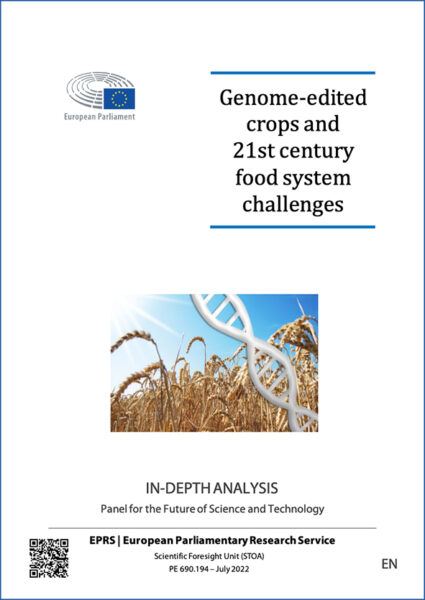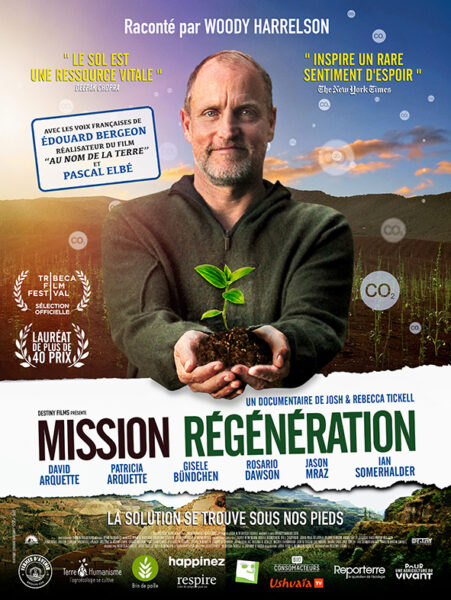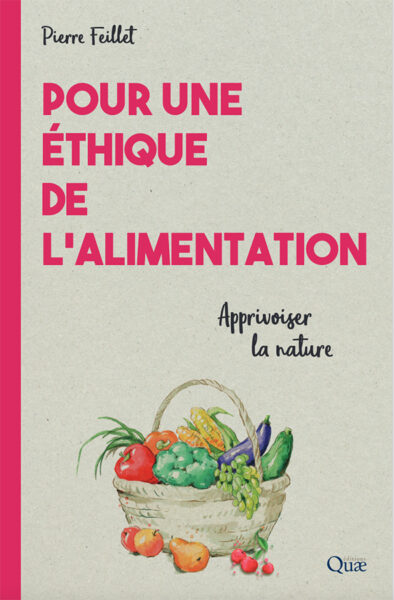Genetically modified organisms (GMOs) have been an object of major controversy. For a large section of French public opinion, they have become the focal point of opposition to the manipulation of living material and of the rejection of a certain agricultural model. Yet, from the research standpoint, GMOs can represent one effective means of gaining knowledge of animal or plant life and the study of its interactions with the environment. In this field, as with many technological innovations, the emergence of controversies between science and society highlights the importance of involving the greatest possible number of citizens in decisions and the need to improve the participatory processes by which they can contribute to them. The experiment in which Anne Moneyron, Olivier Lemaire and Jean E. Masson were involved, as part of the process of setting up a GM grapevine rootstock field trial, attests to the rich results that may emerge from the participative construction of a project of this kind.
In order to carry out this trial while remaining responsive to the reactions of society, the general management of INRA, the French National Institute for Agricultural Research, set up a Local Monitoring Committee following the recommendations of an interactive technological assessment. This Monitoring Committee involved most of the stakeholders (actors from the world of vine growing and the agricultural trade unions, conservation and consumer organizations, teachers, state representatives in the fields of agricultural development and food safety, and independent vine growers) who, over eight years of work and in a context where the technology was rejected to the maximum degree because of what it symbolized, collectively designed their own format of science-society debate. The research/action programme that has ensued has enabled the initial project to be re-thought and more research to be produced, because it has been based on a more complex set of questions that accords a legitimate role to all the actors. Proof if it were needed that a science-society dialogue is possible, even on such a controversial subject as GMOs.



